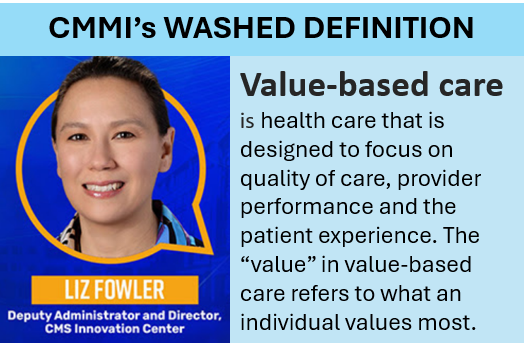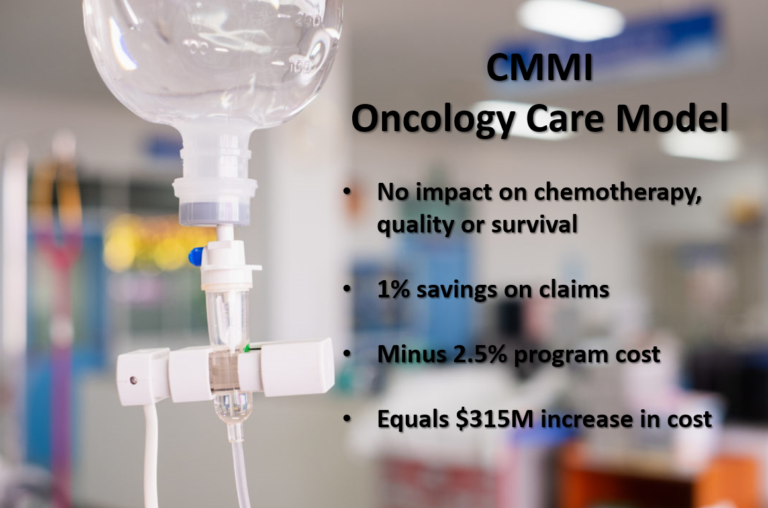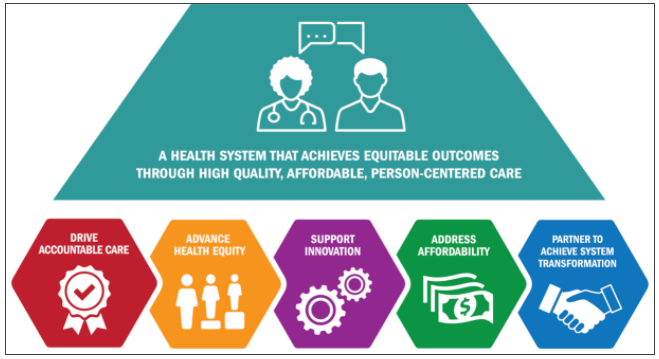Last week, ProPublica published a scorecard of surgical death and complication rates of more than 17,000 surgeons for 8 elective procedures using Medicare data. As with prior releases of health care performance metrics, the response against such “transparency” was swift and bitter. Among those many responses is a thoughtful blog post entitled “After Transparency: Morbidity Hunter MD joins Cherry Picker MD” by Saurabh Jha, MD in The Health Care Blog. Definitely worth your time to read.
But, although it is a clever bit of commentary, it implicitly presents a false choice between using data and not using data.
- Option 1: Not using data (and relying instead on subjective assessment or chance)
- Option 2: Using reported metrics, interpreted by people who lack the talent and training to understand the limitations of the metrics and the methods that can address some of those limitations, and
- Option 3: Using data, interpreted through analysis, conducted by and interpreted with the aid of people with such analytic talent and training.
Before anyone writes off option #3 as idealistic and infeasible, we should at least take the time to think through how we might make it work.

















